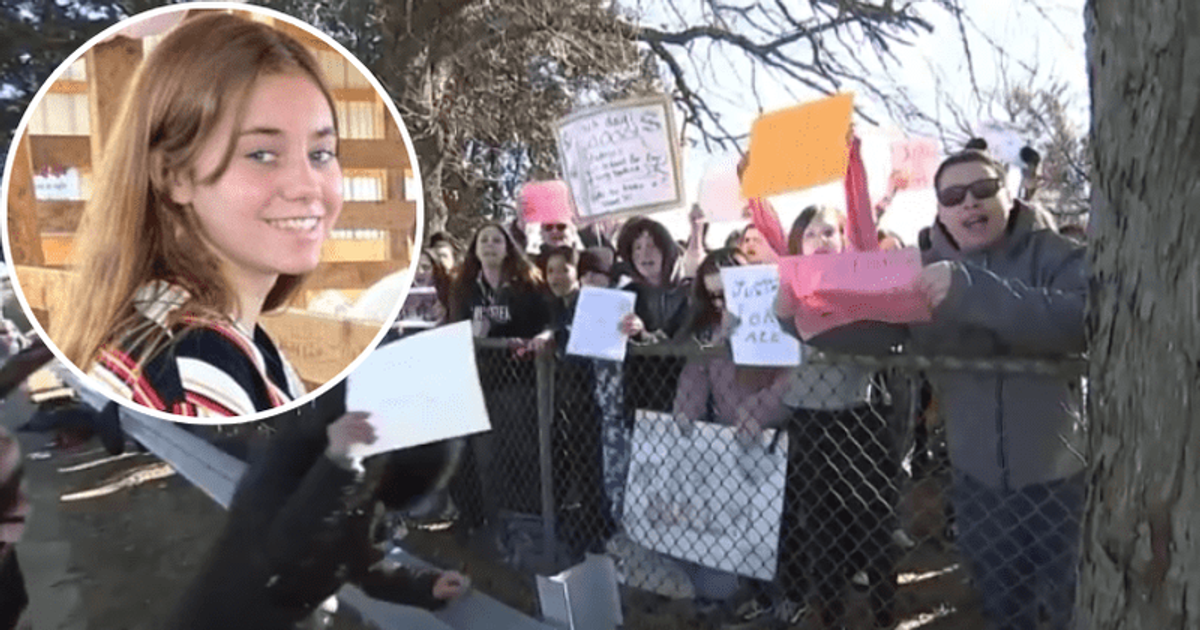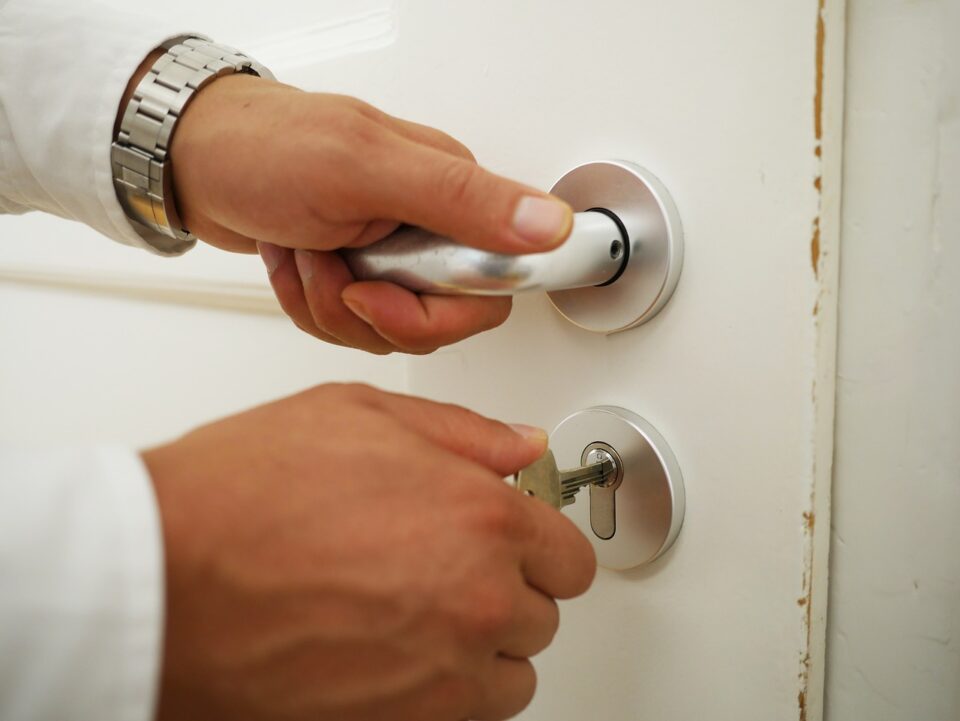
New Jersey Departments of Education, Children & Families Issue Joint Statement on Death of Central Regional High School Student
February 15, 2023
Sikh Youth Alliance Urges State Board of Education to include Sikhism Education in NJ Public Schools
February 16, 2023COMMENTARY: A Question for Gov. Murphy’s Pick for the State Board of Education
When the New Jersey Senate Judiciary Committee interviews Mary Bennett, Gov. Phil Murphy’s nominee for the State Board of Education, members might want to ask her about her role in 2016 as Chair of Newark’s Education Success Board (NESB), the committee appointed by Mayor Ras Baraka to justify the district’s return to local control.
Why? Because Bennett is inextricably tied to two contradictory education platforms that are relevant to her prospective work on the State Board. First, as Chair of NESB, she is the face of its primary argument for the return to local control: that student proficiency levels are rising due to the close partnership between Newark’s public charter schools and traditional district schools. But now, just a few years later, she is a board member of an organization called the New Jersey Coalition for Diverse and Inclusive Schools which is profoundly anti-charter, going as far as to file a lawsuit seeking to overturn expansions of top-performing Newark charter schools through the fact-free argument that they exacerbate segregation. (Bennett failed to disclose her connection to this group on her Senate questionnaire; after her affiliation was revealed, Judiciary Committee Chair Brian Stack temporarily pulled her nomination.)
Feeling a bit of cognitive dissonance? After all, Newark’s charter sector can’t be both the catalyst and the impediment for citywide student academic growth, right? The math doesn’t work.
Unless your city superintendent is Roger Leon who gleefully exploits the charter sector’s superior student outcomes to artificially inflate district scores while simultaneously embarking on a crusade to run these independent public schools out of town.
Mary Bennett and Roger Leon: perfect together.
Let’s look back at the 2016 NESB report called “Pathway to Local Control,” the product of the group Bennett chaired. (Word to the wise: I was told privately that the committee was ready to say anything to get the state’s go-ahead to fully regain control of New Jersey’s largest school district, which the state took over in 1995 because the longer students remained in there, the more they regressed academically. A quarter-century later, then-Governor Chris Christie was a lame duck, on his way out the door and ready to hand back the keys.)
The NESB report’s thesis is clear: the “core to this vision” for better outcomes for all students is “a shared responsibility” among district schools and charter schools. This partnership will “ensure equitable access to high quality education in Newark” through “a shared commitment to work together in a productive manner to address barriers to equity.” The committee states matter-of-factly that “charter school enrollment has tripled in the past five years” and “parents are demonstrating that they value more quality school options….Students and families are best served when the different sectors communicate and share resources to ensure that all schools in Newark are delivering the highest quality education for all children.”
Bennett et. al. note, “For the 2015-16 school year, 75% of kindergarten families preferred a school that was not their closest district school and 42% of families selected a charter school as their first choice.” In order, then, to honor parent preferences and the district’s academic ascendance, NESB members highlight these five recommendations “for charter school collaboration and accountability”:
- The NPS Board of Education and the New Jersey Department of Education, through its Office of Charter Schools, should advocate for and actively support a NPS/Charter/Faith-Based Working Group to develop a shared vision for high quality education in the City of Newark that includes equitable access for all children in the City.
- The Working Group would collaborate to identify common expectations for school quality and commit to a set of shared values and indicators of success that help advance the goal of ensuring that all students in the City of Newark regardless of background realize their full potential.
- The Working Group should collaborate to identify common expectations and share best practices that address key factors impacting K-12 education in Newark. Examples include: oversight, transparency of data, accountability, access to funding, use of facilities, supporting and retaining great educators, improving school enrollment, addressing special education needs.
- The Working Group would develop recommendations to help influence innovations in policy and practice such as: pursue providing options for high performing district schools to operate with levels of autonomy comparable to that of high performing charter and independent schools, allowing the central office to focus resources on those schools in need of improvement while supporting an expanded innovation ecosystem.
- In order to increase transparency and shared accountability, the Working Group would produce an annual report outlining results of collaborative efforts. The report will be reviewed annually by the NPS Board of Education and the New Jersey Department of Education.
In other words, since collaboration between the charter and district sectors are the key to improving outcomes for all public school students, the district will create an NPS/Charter/Faith-Based Working Group to cement that partnership. Public reports on progress and oversight by the DOE will ensure the “core vision” of NESB remains front and center.
But there is not or ever was a Working Group, at least none I can find, or any oversight from the Murphy Administration’s DOE, or any annual reports. The whole exercise was a boondoggle.
It didn’t seem like that at first. When in 2018 the newly-independent Newark School Board chose local hero Roger Leon as superintendent, he appeared poised to follow the transition plan laid out by NESB. He went on record praising high-performing charter school networks and, according to Chalkbeat, “sent district employees to be trained by them.” He counseled the Board to maintain the universal enrollment system that allowed families one-stop shopping among both sectors. At the time, Kyle Rosenkrans, head of New Jersey Children’s Foundation that supports collaboration among the different public school sectors, described Leon as an “open-minded, pragmatic, enthusiastic partner.”
Yet now Leon has emerged as the greatest threat to the city’s best public schools as he pursues real estate deals specifically engineered to thwart charter school expansion, forces charter networks off the district’s universal enrollment plan, and demands the State Education Department deny charter applications for expansions.
As such, Leon echoes Mary Bennett’s contradictory posture, casting the most successful charter sector in the country as his personal enemy (despite a poll that shows 62% of Newark voters believe that public charter schools are “an important part of the public school landscape and “charter schools help, not harm, public education in the city”) and using student proficiency rates in the charter sector to artificially inflate district school outcomes.
Let’s look.
In the 2016 NESB report, in order to satisfy the Department of Education’s academic outcomes benchmark to regain local control, Bennett et. al. conflates charter and district student scores to make the district look better. From Appendix B: “40% of Newark students are enrolled in a school that ‘beats the odds,’ according to a national study conducted by the Center for Reinventing Public Education [CRPE]. This is the highest rate in the U.S. and five times the national average.” (“Beat the odds” is a technical term that means a school where students perform better than other schools with similar demographics.)
Six years later Leon mirrors Bennett’s duplicity. During a September 2022 Newark Board of Education meeting Leon claimed 13 schools were “high performing” and 18 were “beating the odds.” No one bothered to point out this accomplishment is entirely due to Newark’s charter schools: 75% are classified as “beating the odds” while only 16% of district schools qualify for that distinction.
In a companion piece to that CRPE analysis cited by both Bennett and Leon, analysts suggest the district focus on this question: “How will we and our partners in the charter sector improve the overall supply of schools—district and charter—in ways that offer viable options for all families and neighborhoods?”
I don’t think the answer to that question is “let’s destroy our partners.” Yet that is what Leon is trying to do in Newark and Bennett, through the New Jersey Coalition for Diverse and Inclusive Schools lawsuit, is trying to do statewide. The Senate Judiciary Committee, whenever they interview Bennett, might want to suggest she clarify whether she believes, as she wrote in the NSBE report, “students and families are best served when the different sectors communicate and share resources” or whether she believes students and families are best served when the most popular sector is squashed. She can’t have it both ways. Neither should Leon, but that’s another story.




